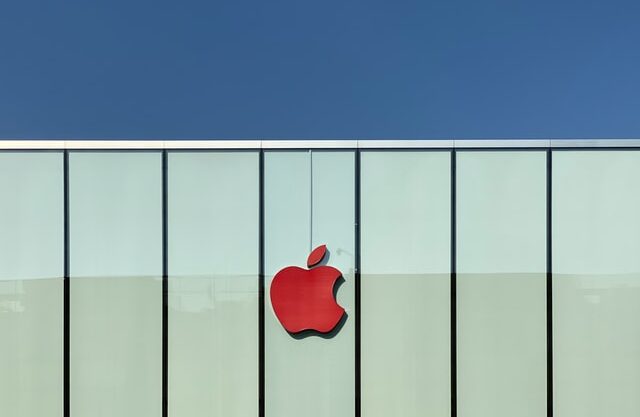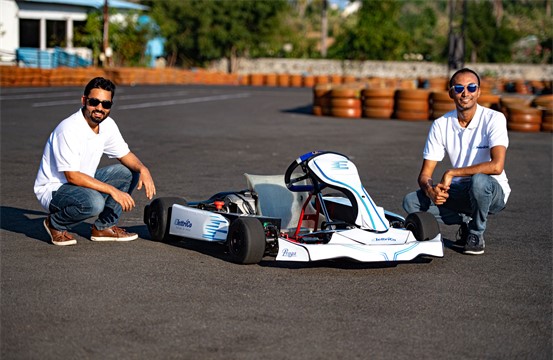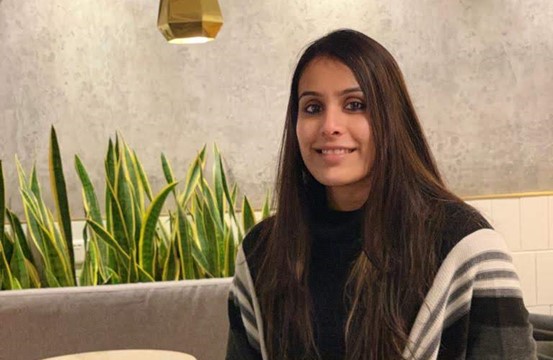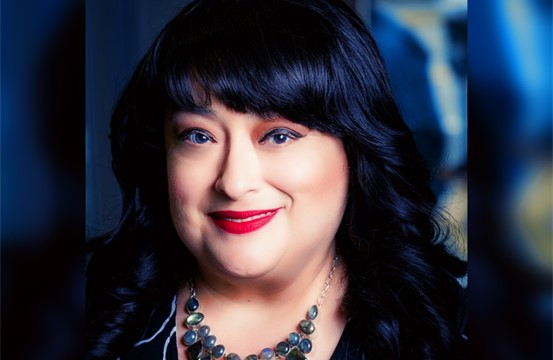|
Listen the Story
|
This inspiring story is of a rising eCommerce startup called Bansiwala Sweets, started by Mridu Goel, based out of India. Bansiwala is to traditional Indian sweets, what Fab India is to Indian clothes – just at an early stage. They tap into the human need for sweet cravings in a way that connects people to their roots by bringing them authentic products with the original taste of their hometown. All products are sourced from the origin and carry the specific taste that consumers who have left home remember and crave.
Bansiwala products are priced higher than local sweet shops but at parity with modern snack products like Cadbury Chocolate. They play a key role in gifting during Indian festivals, where consumers actively look for choices reflecting their culture. Bansiwala aims to be the taste that brings back the memories of your hometown. As of May’21, the startup is in the process of funding. Here is the story of Bansiwala Sweets in Mridu’s own words.
Introduce us to the idea of Bansiwala Sweets
Bansiwala caters to consumers who love traditional sweets but don’t typically visit unorganized old sweet shops. Bansiwala offers these consumers a huge variety of common and uncommon Indian sweets available right at their doorstep through our online offering.
For example, Bansiwala is one of the few options for Mumbaikar’s to turn to when they want to have ‘Mysore Pak’ a typically Tamil Nadu sweet. Similarly, if someone in Pune has a craving for traditional Punjabi Dodha – Bansiwala is their go-to option.
Over the past few decades, consumers and their preferences have changed significantly, but traditional mithai has not kept pace with this. For instance, shoppers today require doorstep delivery, a wide assortment of standardized products, high-quality packaging, and a digital interface for shopping. However, traditional mithai is still available largely in unorganized sweet shops with specific range options and traditional mithai boxes. This does not work for modern consumers who have moved beyond the traditional format and ambiance that sweet shops offer.
This is where Bansiwala steps in and offers an amazing assortment of relevant products for Indian consumers who crave Indian sweets. So unique are its offerings that in one of the stores of Hypercity, Bansiwala’s paan petha outperformed market leaders like Maggi Rs 10/- & Cadbury Rs 5/- at SKU level in 2017.
The simple mission of Bansiwala is to become a household name for buying authentic Indian sweets online and the go-to place for regional and festive specialties. By Dec 2021, we aim to triple our consumer base from the D2C channel and with nearly 30% coming from repeat consumers. We have also made an initial foray into exports and are excited with the huge opportunity that it represents for the Indian diaspora who miss and crave products from India.
We have built a direct to a consumer base of 3500 + new consumers in just 5 months. We intend to continue driving eCommerce while also strengthening reach in traditional trade, Modern trade, and exports.
What’s your strategy story? What led you to start Bansiwala Sweets?
Mridu Goel, the founder of Bansiwala, is an MNC Veteran – 14 Years of work experience in top FMCG companies like Mondelez International and Unilever. She has deep finance and operations experience and was the finance lead for Oreo cookies Launch in India.
She grew up expecting to be a corporate honcho and accordingly pursued her CA and MBA in SP Jain institute of management studies but always had a passion for entrepreneurship.
On passing out of MBA, she joined Mondelez International and realized the power of traditional sweets among employees who were often surrounded with the best of new age confectionery products. Every box of sweets she brought back from Agra – her hometown would vanish in minutes and her friends would never cease asking for more. They did not want just ‘any petha’. They wanted the Agra petha that they had consumed in their childhoods and which held the sweetness of their hometown in its taste.
Mridu observed this phenomenon time and again among consumers from different parts of the country. People in metro cities who had left their home towns searching for a different life missed the food and the traditions – much like herself and sought out experiences that would connect them to their roots.
This, combined with her passion for entrepreneurship and strong support from her family, enabled her to take the step into initiating her own journey into her start-up – and Bansiwala Sweets was born.
What marketing, operation strategies are you adopting at Bansiwala Sweets?
Bansiwala believes in the strategic framework of driving physical and mental availability to create a strong brand. To this end, we have built strong partnerships with key distribution partners in both Modern and traditional trade.
We have also been investing in building our brand digitally and have seen strong results, with nearly one-fourth of consumers coming back to order. We have a data-driven approach to targeting consumers, and our return on advertising spends are among the best for start-ups. Our focus is to keep consumers coming back for more, and hence consistency and quality are key.
Our business fundamentals are strong and we have been EBITDA positive from day one with a nearly 50% annual growth rate till the pandemic. With the advent of COVID, we displayed flexibility in pivoting our distribution model from Modern and traditional trade towards e-commerce. Bansiwala Sweets’ website was launched in Aug 2020, and in just six months, we have reached more than INR 6 lac worth of orders every month purely from an online space.
Backed by a strong and varied network of suppliers, we closely monitor the product quality offered to consumers. The product taste and quality are checked for consistency, and our suppliers are whetted carefully and regularly trained on process and quality adherence. We have a supplier base across key regions in India, offering delicacies of that part of the country.
Be it Agra petha or Mathura Peda, or Mysore Pak; our suppliers work hard to bring the original taste of these regions to the products that we offer. We are quality conscious and leverage food technology and centralized packaging checks to create a seamless brand experience.
What is your competitive advantage at Bansiwala Sweets?
Bansiwala has spent several years building a robust back end through core sourcing, vendor and product development, and building operational efficiencies.
For example, we have a protocol of validating historical vendor performances and a taste panel that validates any new products. We carefully select our vendors and divert resources towards building the capability of a core set that ends up forming part of the backbone of our supply chain.
Our focus on product development has centered around enhancing the shelf life of Indian sweets, which typically have a shelf life of only twenty-four hours. We have leveraged food technology and modified vacuum and nitrogen-based packaging to add more days of life to our products. All this – without sacrificing the authentic taste of the products that consumers crave. This enables consumers from Mumbai to Kerala to experience the taste of Angoori Petha – a typical Agra (North India) sweet.
We have built strong operational efficiencies that translate into shorter lead time and personalization and customization for today’s consumers. Consumers in Mumbai and Pune can receive orders within 1-2 days, and our focus is to reduce lead times for customers across India in the future.
Share a story when you have been customer-obsessed
This question reminds me of an incident just a few months ago when the lockdowns had eased, and consumers were starting to step out.
We suddenly received an order for 20 packs of Paan petha from Bihar on our website. This was a bit unusual as we don’t have a huge audience there. So we called up the customer and realized that they had a wedding planned and actually wanted to just taste the product first and understand if it would reach on time and in good condition. This was an important occasion for them and they wanted to make a good impression on the groom’s side by gifting the right kind of product to their relatives.
My team first couriered just one complimentary box of Paan petha for tasting and on receiving a much larger order of 400 boxes, hired separate transportation specifically for this customer to ensure that the products reach them fresh and delicious. The usual timeline would have been 7-8 days but given the importance of the occasion for the customer, we tweaked our logistic protocol and ensured that this reached within 24 hours.
The bride’s family was delighted with the products, and the giftees really enjoyed receiving a unique and delicious tasting product which is very hard to find in Bihar. They have referred us to their friends & relatives too.
I love petha because (heart) mujhe Agra ki yaade taaza ho jati hai. I had gone there four years ago and the petha there was so delicious! I brought 15 Kgs of petha back for my friends and it is so tasty – it dissolves quickly inside the mouth. There is a lockdown going on and I wont be able to go to Agra and now I can have Bansiwala petha from Agra (Stars) #bansiwala
A happy Customer
Any strategy mistakes you have made and what did you learn?
Given the huge success of our range in supermarkets, we were tempted into veering a little off our core strategy in 2018 for what looked like a lucrative opportunity. We are product and consumer specialists. Our core strength comes from creating the right bundle for consumers who miss products from their hometowns. Our core is not about retailing. Yet, we started a retail store for a short time. This was an extremely valuable stint in that it made us realize forcefully that we needed to put guardrails around our core strategy and play to our strengths.
The retail model is similar to mithai shops – except ours was a more exclusive, modern, and evolved experience. Yet – it was a retail experience. The strengths needed to create footfalls were different from what we wanted to develop as a company. We realized this and shut the store in 2019 to focus on our core.
Finally what advice do you have for your fellow entrepreneur readers?
A business idea is only as good as its execution.
Hesitating for too long, listening to too many opinions and making too many plans for too long can eventually be self defeating.
My view is one should plan to keep the large building blocks in mind and take the plunge. Then as the situation changes, have the flexibility to pivot and develop new solutions. When COVID hit, we barely had any e-commerce presence. Yet, we learned from the experience, and today over 40% of our sales are from D2C.
Starting out, being flexible, learning along the way, and staying positive are the key elements of being a lifelong entrepreneur.
Disclaimer: The information in the above story is provided by the startup and The Strategy Story takes no responsibility for the authenticity of the product and services offered by the startup. Reader’s discretion is advised.
Check out stories of other aspiring Entrepreneurs
Also, check out our most loved stories below

Johnnie Walker – The legend that keeps walking!
Johnnie Walker is a 200 years old brand but it is still going strong with its marketing strategies and bold attitude to challenge the conventional norms.
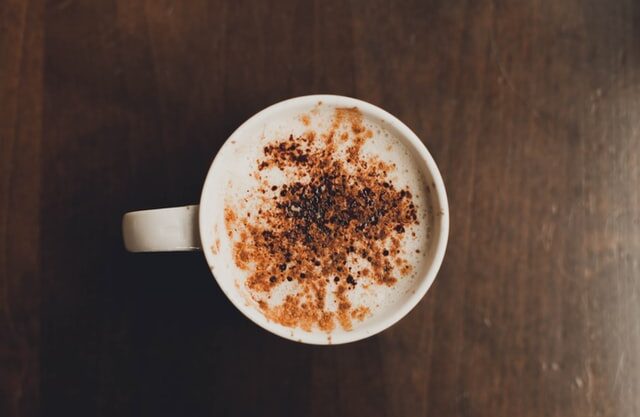
Starbucks prices products on value not cost. Why?
In value-based pricing, products are price based on the perceived value instead of cost. Starbucks has mastered the art of value-based pricing. How?

Nike doesn’t sell shoes. It sells an idea!!
Nike has built one of the most powerful brands in the world through its benefit based marketing strategy. What is this strategy and how Nike has used it?
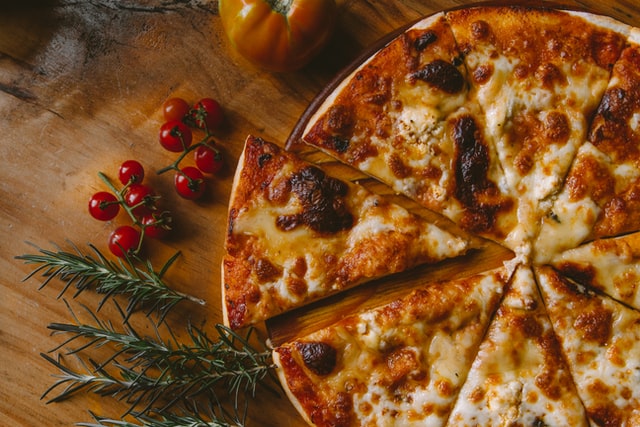
Domino’s is not a pizza delivery company. What is it then?
How one step towards digital transformation completely changed the brand perception of Domino’s from a pizza delivery company to a technology company?

BlackRock, the story of the world’s largest shadow bank
BlackRock has $7.9 trillion worth of Asset Under Management which is equal to 91 sovereign wealth funds managed. What made it unknown but a massive banker?
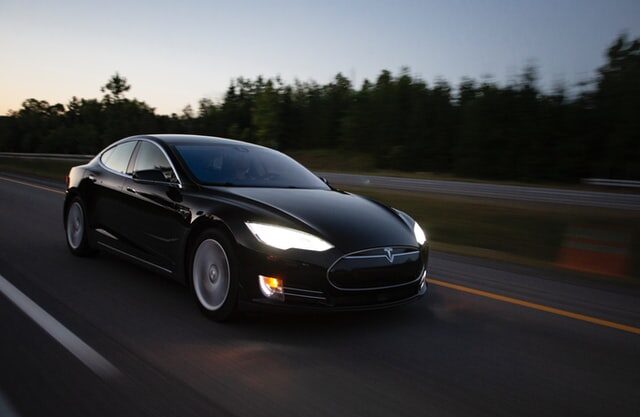
Why does Tesla’s Zero Dollar Budget Marketing Strategy work?
Touted as the most valuable car company in the world, Tesla firmly sticks to its zero dollar marketing. Then what is Tesla’s marketing strategy?
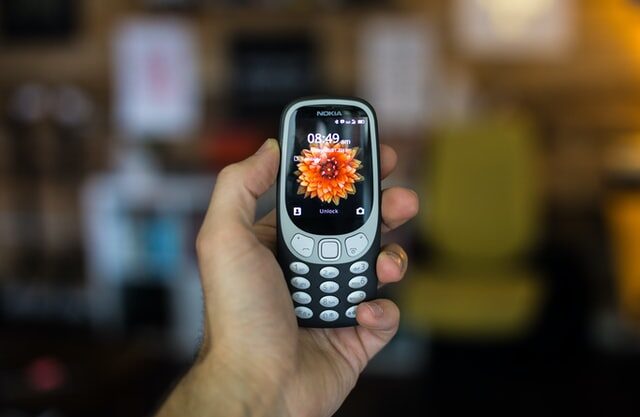
The Nokia Saga – Rise, Fall and Return
Nokia is a perfect case study of a business that once invincible but failed to maintain leadership as it did not innovate as fast as its competitors did!



